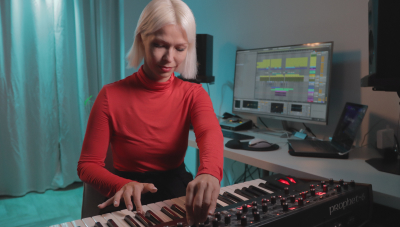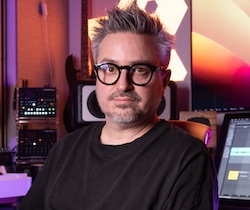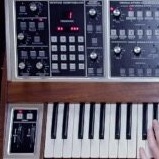In boardrooms and on dance-floors, in front of a microphone and behind the scenes, cultural strategist and consultant Georgia Taglietti has been a lynchpin of the international cultural community for 25+ years.
A serial early-adopter; she’s renowned for helping shape trends in business and communications, embracing new media and new technologies, as well as for her comprehensive knowledge of the ins and outs of cultural ecosystems.
As Communications and Digital Director of Sónar Festival since 1995, her work created the template for how to build a lasting cultural brand in a rapidly changing marketplace, establishing its digital footprint and overseeing the global expansion of what is today one of the most prestigious names in electronic arts and culture.
An in-demand speaker at events, congresses and conferences and more, she also sits on the board of the Women-in-Music platform shesaid.so, as well as providing constant mentorship to start-ups with a focus on culture, art, sustainability and non profit activities.
Combining 25+ years of relationships and contacts, with a driven and empathic People First approach to talent, her current role as Founder and CEO of The ICNAC sees her open her network to cultural actors big and small, continuing her mission to drive culture forward.
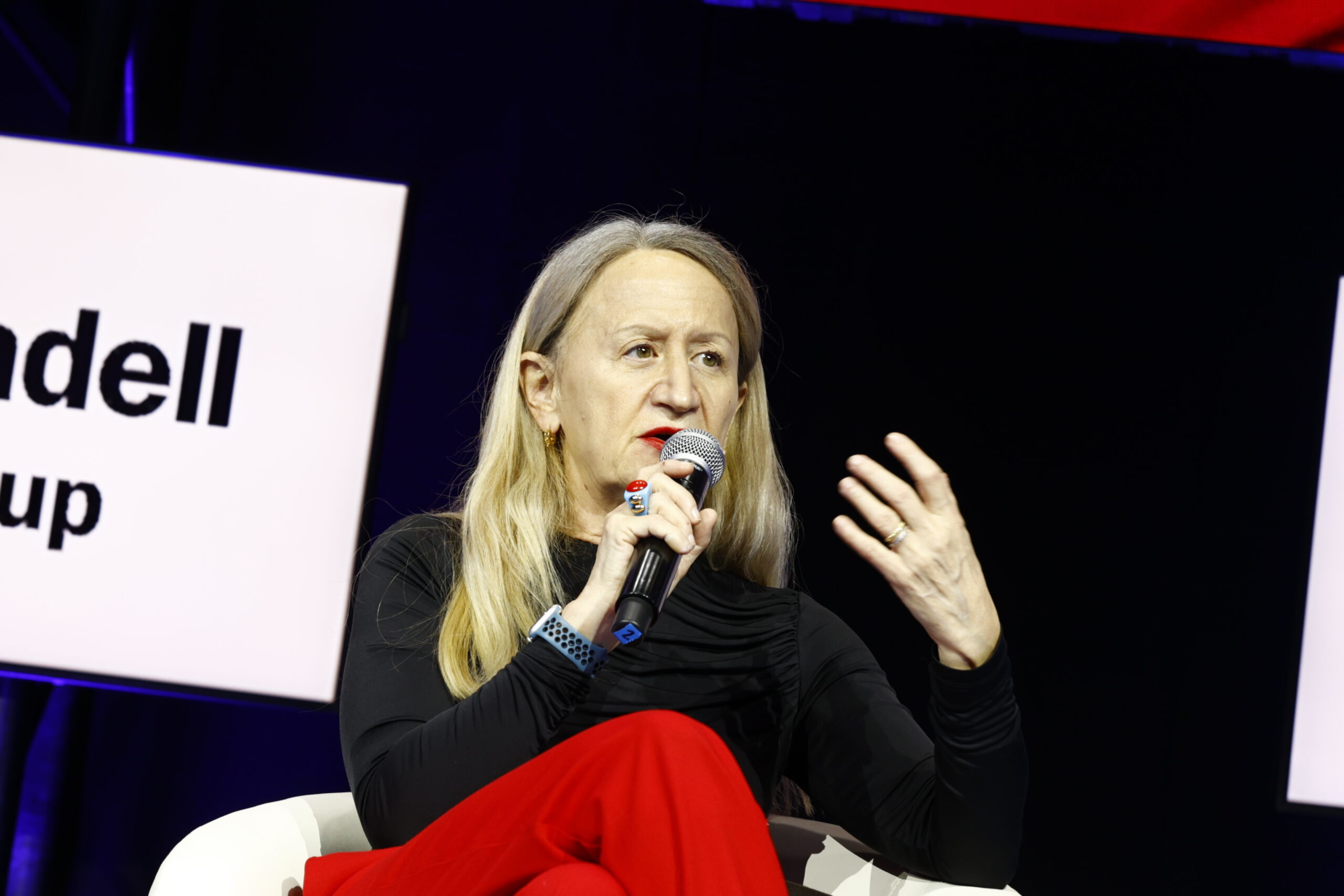
What made you get into music?
Well, basically by chance, it was 30 years ago. I was hired to help for a catalog design at Sónar, back in 1995, and then they saw that I could be of help for other matters. I volunteered in the second year of the festival and that’s how I started in the music business. I had an interesting upbringing, between North Italy and Cadaques in Spain, where we grew up surrounded by creative and sometimes crazy people, from the music and creative arts fields. So, it was kind of easy to blend in with the music industry from the beginning.
Starting in the music business today is very different compared to 30 years ago, when there was no Internet. It was a very hands down kind of hardcore work with no connections whatsoever, everything was handmade and the pace was slower. There was no social media, no streaming, so music was very different from what it is now. But what stays the same is that to start with in the music industry is to love music first, and then, to also be aware that it’s a business. It’s something you wish to work in because you want to be part of the music ecosystem, but you should be aware that it’s a big industry, and very much business oriented. The “shaking hand” doesn’t exist anymore – it exists, but not that frequently – so you need to have a legal, business and marketing basic knowledge from the start. Be prepared.
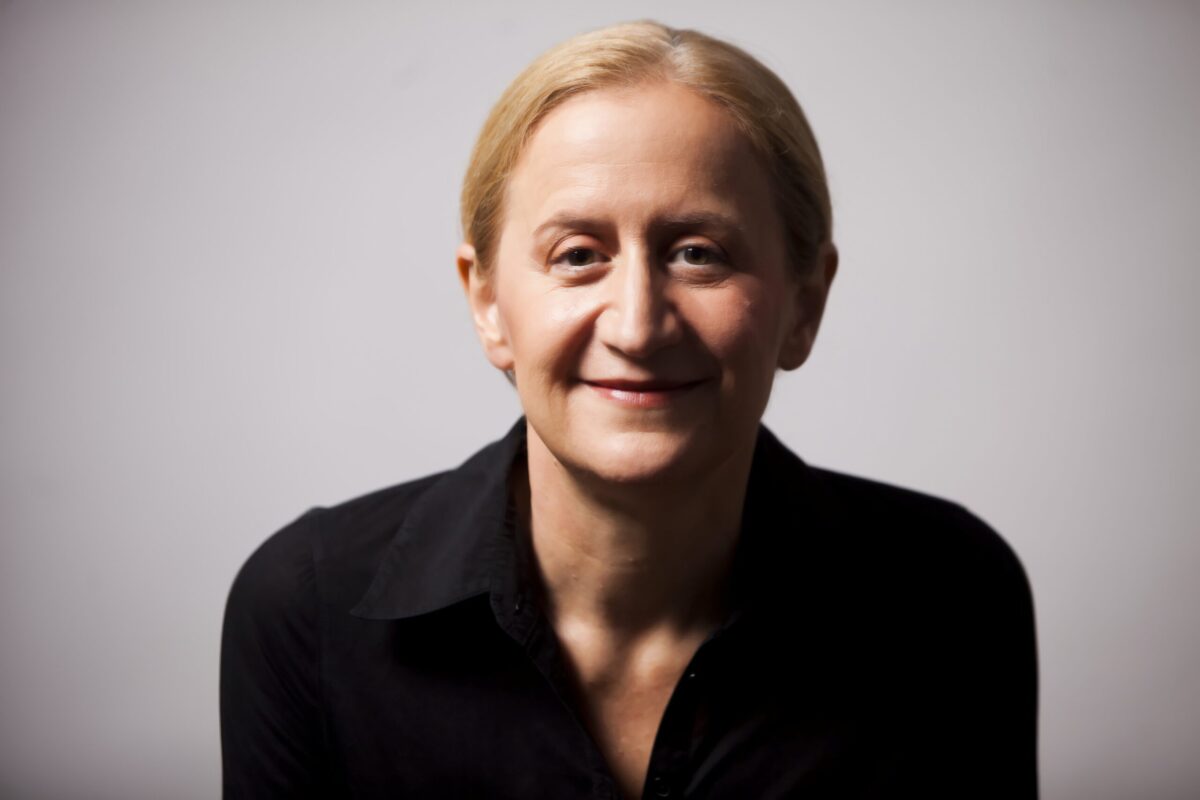
What do you think are the main obstacles that you have encountered since entering the industry and what have you learned from those obstacles?
Being a woman has always been an obstacle, and not only in the music industry.
Luckily for me, I have been able to navigate through, but I know that it’s a complicated and sometimes dangerous workplace for a woman. I think being a woman is just not an obstacle, it’s just different. You’re treated differently. You don’t reach everything you want to reach unless you put in a lot more effort. To thrive as a woman in the music jungle you need to be strong. You should be involved in an association or platform to avoid loneliness and to share common experiences.
Another obstacle could be if you’re not a night owl – that’s almost impossible for a music industry professional. I am a night owl, so that was really handy. Never did drugs and never needed drugs. There are specific issues related to the job that are much related to the night shifts and also to the idiosyncrasy of music and artistry in general. For instance, when you’re around an artist, you need to embrace his/her/their singularities. And I love that. An artist needs to be creative, and creativity doesn’t accept structure, or almost none. I admire all artists, but to work with artists needs experience and patience. I learned how to become very comfortable around artists, even uncomfortable ones, because I kind of understand how uncomfortable an artist could be by publicly facing themselves and the audience every day, on stage, on social media or just in everyday life.
What advice would you give to young women who are just starting out in the industry and maybe some resources or support systems you would recommend for them?
Well, as a start, I never had shesaid.so before, so now that shesaid.so is there for almost ten years, the whole thing has changed. I think knowing that there are women out there in any country, in any situation, at any level, helps me feel that I’m not alone. Following up, training and mentoring within associations and/or platforms of this kind is very important because you become stronger and you acquire all needed skills to grow in the industry. By doing so you get to know best practices, codes of conduct and leverage, because very experienced mentors and women share it with you.
For women artists, you should find music training for artists, though you don’t have a specific school on how to become an artist, you become one. An artist right now, needs to know a bit of everything. I actually always suggest spending quite a lot of time finding a manager or somebody that travels along with you, because the artist needs space for the artistry itself. And if you become a 360 degrees person, you will need to delegate as you will wish to have time to be able to maximize your capacity as an artist. That’s why managers and A&R actually can travel with you on the journey.
Who has influenced or inspired you in your career and how have they made an impact on your work?
Andreea Magdalina, the creator of shesaid.so, by far, because she’s the most strong willed, enduring and capable woman I know. She’s been able to unite so many women together and sustain the network, make it bigger and coordinate such a huge and important platform. Another person that’s been really inspiring for me is Björk, I was lucky to be the translator of their press conference back in the early 2000’s in Barcelona during Sónar. And in those two hours, I learned more about myself and about women in music than I ever had. And that was early on and before MeToo and everything that happened after. Lots of the women artists I have met have been inspiring for many reasons. But the interesting thing is that right now the women that I am most inspired by are the younger generation.
There’s also a trends journalist in Barcelona called Francesca Tur. We always say we were sisters from different mothers in different ages. I totally identify myself with people in between the thirties and forties because they’re the people changing the world and changing my life in many ways.
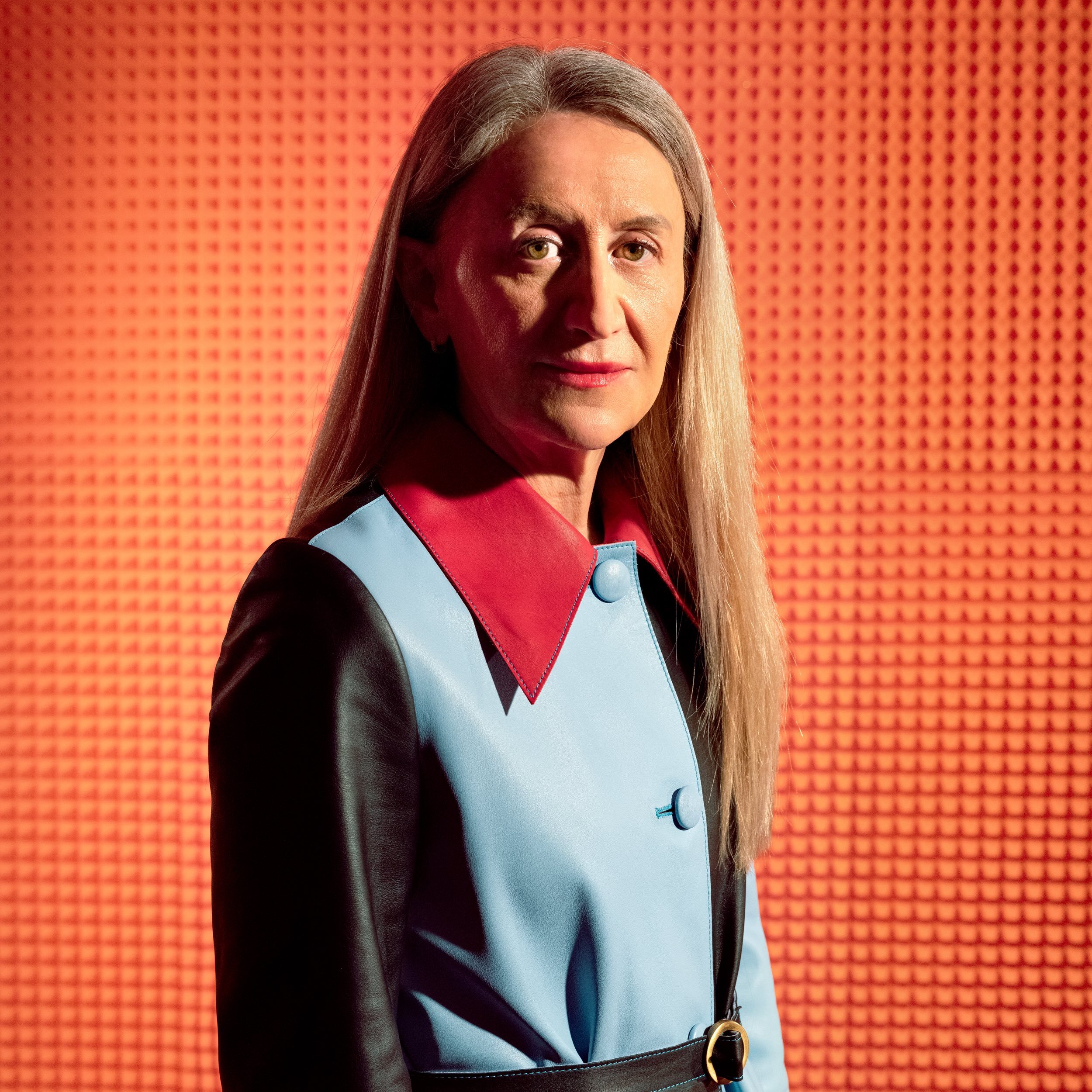
What steps do you think need to be taken in order to make the music industry more inclusive?
Change it all and rewrite the whole story? We are in a very tragic 2023. It’s a very difficult moment in which I kind of realize nothing really has changed. I mean, the whole Glastonbury news that we had on is only a hint of the fact that discussion is out there. I don’t even see the point about discussing it. COVID happened and made all of us regress into the financial recovery resetting situations and values, so ethical values became second, again. It looks like we need to restart even stronger than ever. I think we need to find stronger visions and maybe more activist roles in the new generation because it’s really struggling and I’m really sad about that. And I think we literally need to focus again on more activist solutions because the voices should raise like three, four, five, seven tones higher because I don’t think we are reaching some goals we planned to reach.I hear men saying there are so many women (in the music industry). The reality is that the visibility of women in music is very low in roles of leadership and headlining, or any kind of role that really decides where money goes and when ethics goes.
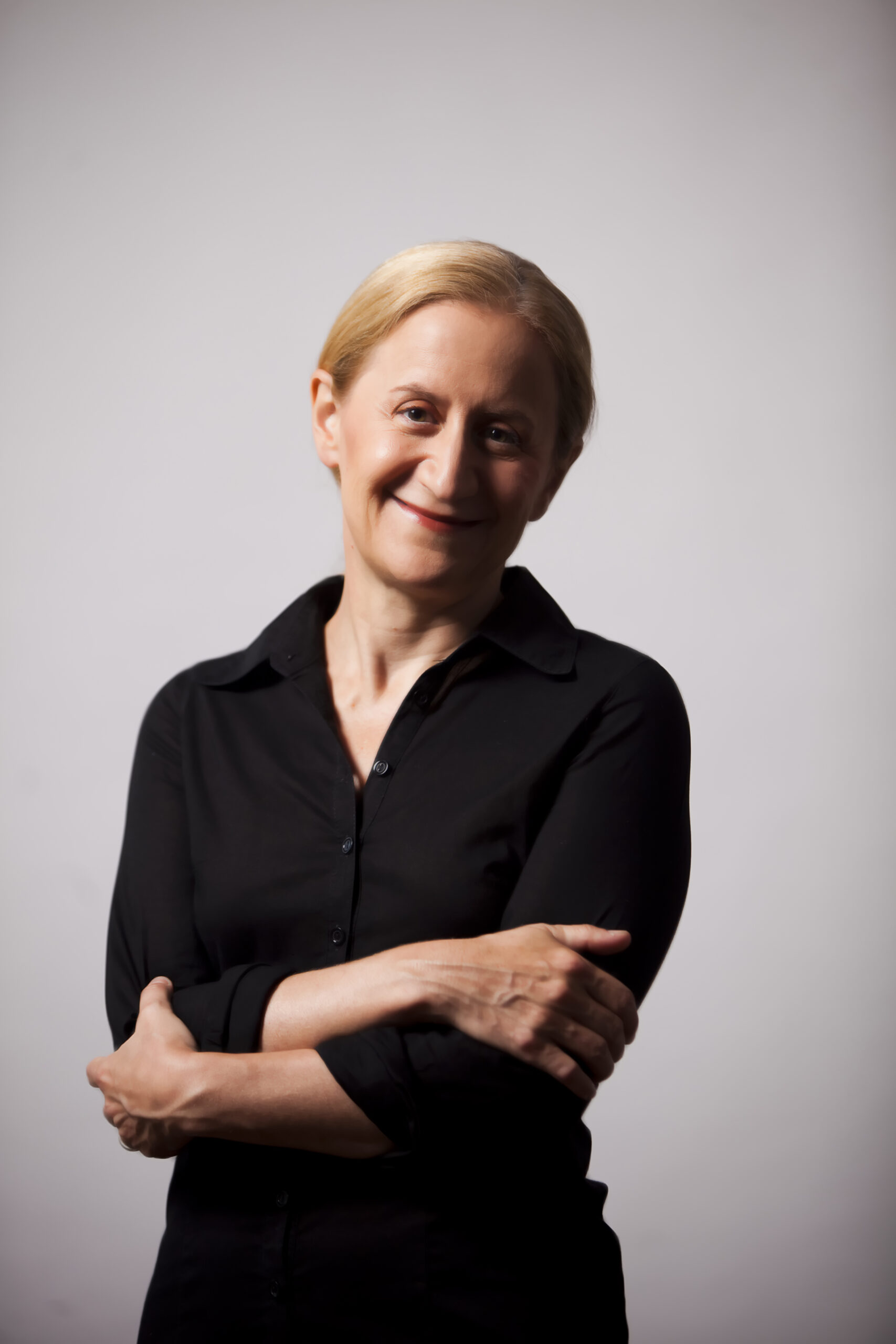
How do you stay confident and believe in yourself in a society where it’s so easy to compare yourself to others?
It took me 30 years – I think that if you don’t feel confident at 57, you haven’t done the job you need to do about yourself. A lot of therapy, rigorous mentoring. I mean, for me, every time I speak to the younger friends I told you about, I know they’re helping me correct my mistakes and my lack of knowledge in certain things. There’s so many things I need to learn every day. If you say ‘believe in yourself’ to somebody who’s 20 years old, that’s wrong – how can somebody who’s 20 believe in themselves straight forward? They still don’t know who they are. It’s important to have an open conversation about growing together in the family and within the industry almost every day. I think the most important conversation right now is to make the young people feel that they can grow together with somebody else. Before, there were no music business schools, so I didn’t do any school to get into music. And now there are more and more schools, and masters, and I teach in them, and the alumni love to learn, and need to learn. So they need to be taught about, not to be told about, but taught. It’s a different story. And as much as you learn about other jobs – you need to learn about music as your job.
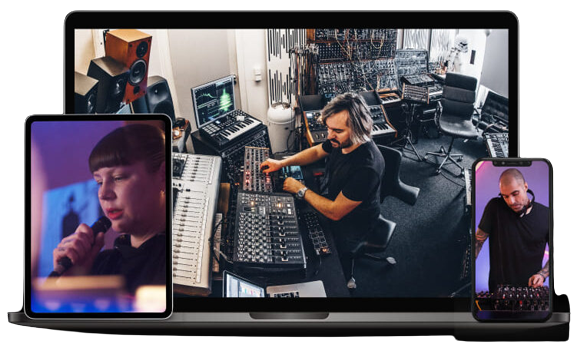
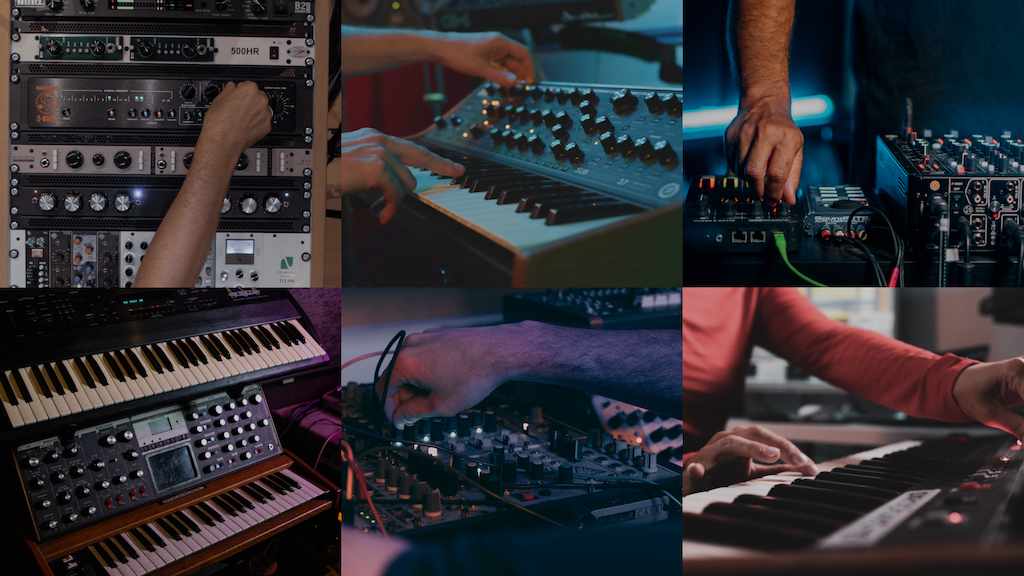
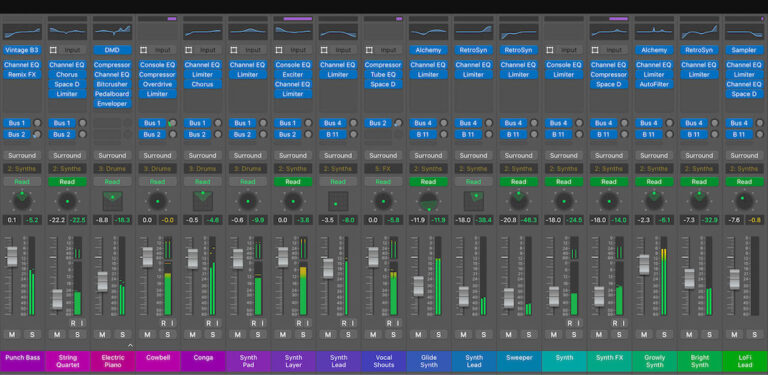
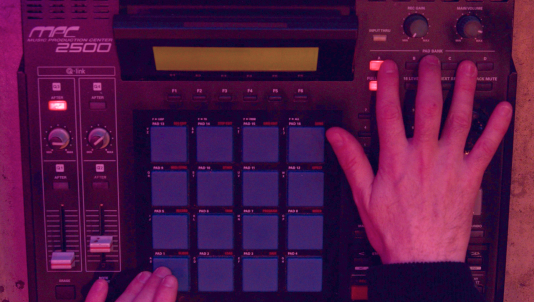
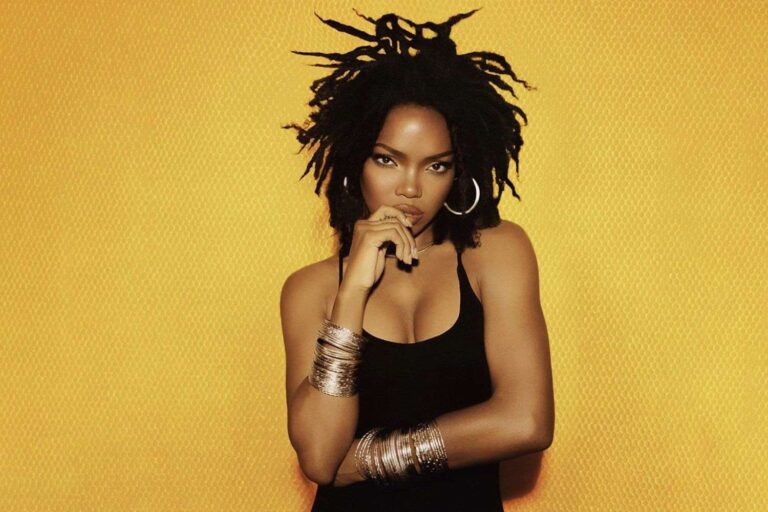
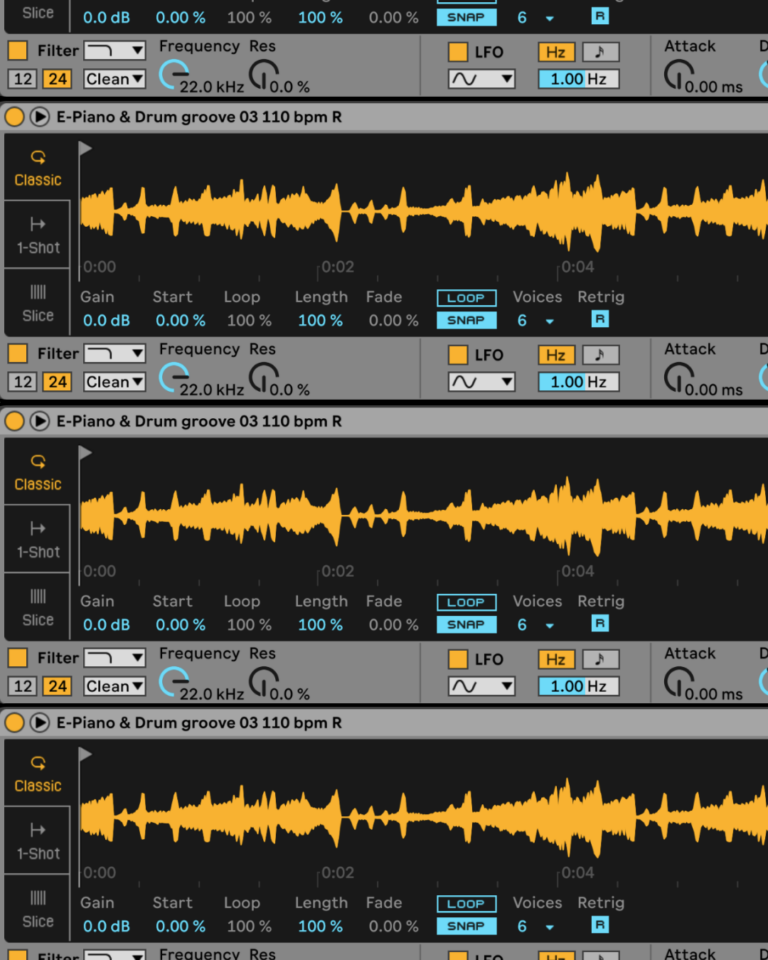
 50 Industry Music Production Tips You Must Know
50 Industry Music Production Tips You Must Know